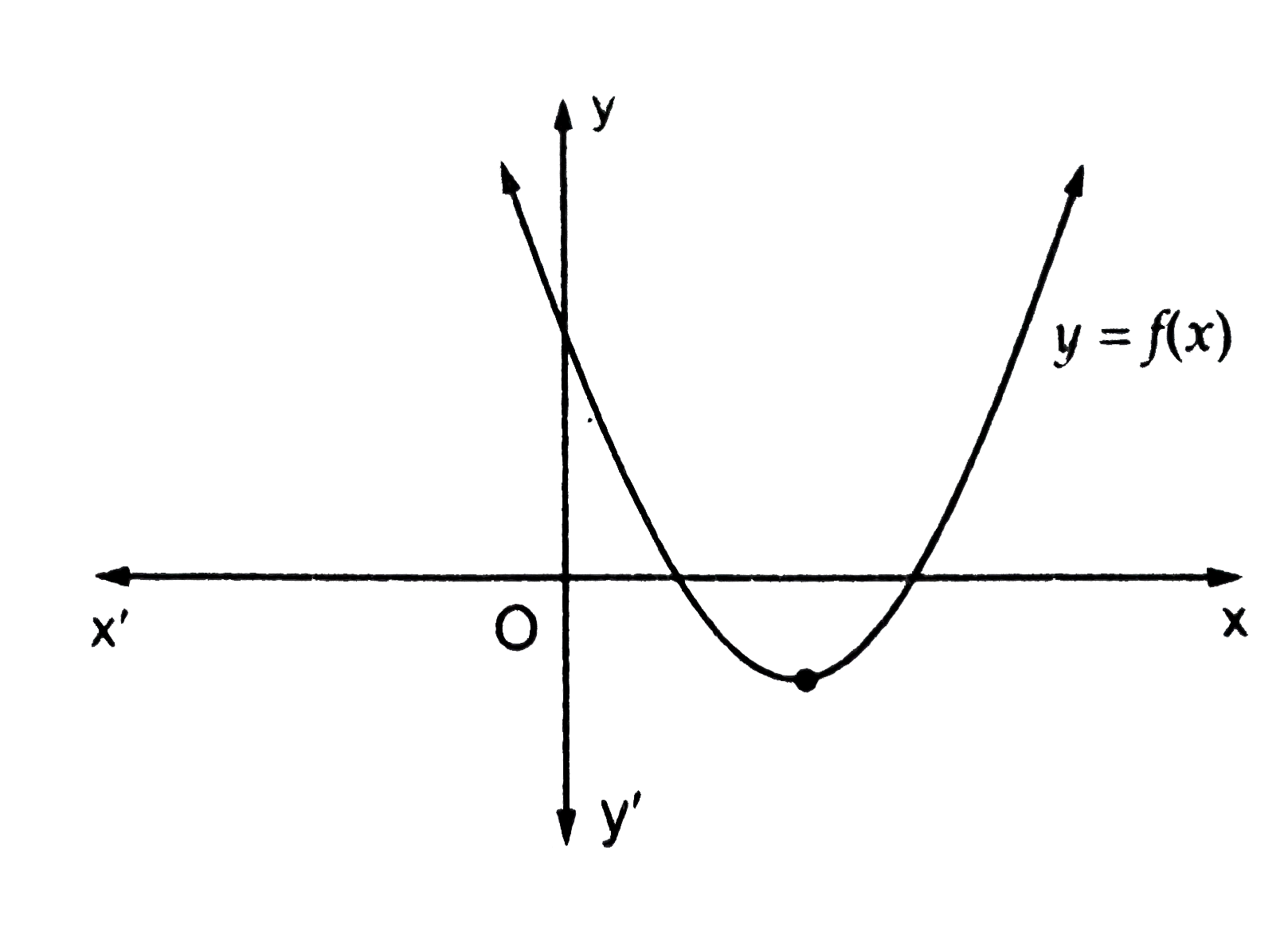Summarise any one of the following pieces :
(a) Indian Civilization and Culture
(b) Ideas That Helped mankind
(c ) The Earth.
(a) Indian Civillization and Culture
The extract ' Indian Civilization and Culture ' focuses on Indian civilization which is peerless. It reveals the nationalism within Gandhi which impelled him to write about virgin India. The given extract tells us that Indian civilization holds an extraordinary rank among all the cultures. The tendency of our imperial civilization motivates Gandhiji to compare it with rest civilizations which have met their doom.
The civilization of India cannot be vanquished at any cost. All other civilizations have expired or become westernized or are not in their past splendour but India is stead fast and is continuing her stupendous magnificance. Many thrust their suggestions on India but her negation has maintained her glory.
According of Gandhiji, civilization is the way of conduction which guides us to do our duty. Performing duty is a virtue itself and so is following morality. Observing morality is gaining victory over our cravings India is already acquainted with this truth and so there is nothing for India to learn. Our mind is giddy, it always remains unsatisfied and its desires never come to an end. Our ancestors kept control on their passions and remained happy and content. Our ancestors forbade us to run after luxuries. They knew we can be happy and healthy with the usage of our hands and feet. They did not prefer cities as they knew there would be prostitution and exploitation. They knew that wealth is inferior than knowledge. Our ancestors lived independent life in peace and enjoyed true home rule. The Indian civilization promotes the dignity of being but western civilization promotes disspative people. Gandhiji says that only thing he had learnt from modern civilization is that we should keep away from it. Modern civilization means worship of materialism. This civilization mainly focusses on material it suits only the west. The western civilization instigates us towards unlimited cravings but eastern civilization keeps a strict command on wants. Modern inventions give us transient pleasure and we under the influence of west, are in danger of exchanging good with transitory happiness. Hinduism has not the credit of the trifling inventions but it has the credit of foundation of the soul and the spirit. We are dazzled by western culture. Indian civilization has seen the fall of many ancient civilizations but it never tried to copy any other. Copying the west means ruining our civilization which is still in its glory. The Europeans now have become slaves of comfort and luxuries not their masters. Plain living and high thinking should be our motto. It is in vain to run after high living in civilization besically means promoting of happiness, joy and capability of service.
Lastly Gandhiji says that physical comfort is necessary, but only to a certain extent. If we believe in multiplying our needs are fulfill our needs.
(b) Ideas That Helped mankind
The ideas that have helped mankind are those that contribute to knowledge and technique, and those that are concerned with moral and politics. I will treat first - those that have to do with knowledge and technique. The most important and difficult steps were taken before the dawn of history. At what stage language behan is not known, but we may be pretty certain that it began very gradually. Without it, it would have been very difficult to hand on from generation to generation the inventions and discoveries that were gradually made.
Another great step, which may have either before or after the beginning of language, was the utilization of fire. I suppose that at first fire was chiefly used to keep away wild beasts while our ancestors slept, but the warmth must have been found agreeable. Presumbly on same occation a child got scolded for throwing the meat into the fire, but when it was taken out it was found to be much better, and so the long history of cookery began.
(c ) The Earth
All that the Johnson had was the earth- very often it seemed as if it were all they had even had.
It was true that they also had possessions -a plough, a two- wheeled cart, tools, a bony brown mare which slowly dragged the plough and the cart about their rough four- acre plot- but without the earth these things were useless. It was true that they also had a son.
It was more than thirty years since the Johansons, realising that he was not quitw like others, had taken Benjy to a docter. This docter had persuaded them that he needed interests that would stregthen his mind. It would be good if they gave him something to do, some occupation, Which would help his development. It would help a great deal if they gave him a special interest to feed him sense of responsibility, you are people on the land, the docter said, let him keep hens.
So for many years Benjy had kept hens, and what the earth was to him mother and father the hens were to Benjy they were almost all he had. When he came from school, cut off by his simplicity from other children, Benjy went straight home to his hens, which He kept in a wire coop that his father had made at the back of the house. At first he kept ten or a dozen hens, all colours and breeds, brown and specked and black and white, and the coop was small. He fed the hens simply, on scraps from the table, seeded cabbages strung from the write, a little maize, and on corn-ears which be gleand in the late summer from his father a acre of stuble. It is possible that a hen, being a simple creature thrives best on simple tratment. Benjy understood the first and last thing about a hen. That it exists for nor had it become highly complicated and commerciallized. Eggs were cheap, hens mysteriously pecked Nourishment off the bore eath. They sat in a home- made Nesting - box, onstraw, and laid the eggs expected from them.
Related Playlists
- BOOK - BIHAR BOARD- PREVIOUS YEAR PAPERCHAPTER - ENGLISH QUESTION PAPER (2013)EXERCISE - Group -D5videos
ENGLISH QUESTION PAPER (2013)
- BOOK - BIHAR BOARD- PREVIOUS YEAR PAPERCHAPTER - ENGLISH QUESTION PAPER (2013)EXERCISE - Group-B3videos
ENGLISH QUESTION PAPER (2013)
- BOOK - BIHAR BOARD- PREVIOUS YEAR PAPERCHAPTER - ENGLISH 2020EXERCISE - ENGLISH (100 MARKS ) Section B13videos
ENGLISH 2020
- BOOK - BIHAR BOARD- PREVIOUS YEAR PAPERCHAPTER - ENGLISH QUESTION PAPER 2010EXERCISE - GROUP-D9videos
ENGLISH QUESTION PAPER 2010
Similar Questions
Write a short notes on Indian English novel.
05:01View SolutionWrite the summary of any one of the following poems :
(a) To Autumn
(b) The soldier
(c ) My Grand mother's House
(d) Now the leaves are falling Fast.02:03View SolutionWrite an essay on any one of the following in about 150-200 words:
(a) Village Life
(b) Discipline
(c ) Work is worship
(d) A film you have recently watched
(e ) Your college library.03:06View SolutionName the authors of the following:
David Copperfield04:17View Solutionनिम्न पर संक्षिप्त टिप्पणी लिखिए!
(a) प्रायंस ! (b) इंटरफेरॉन (c) वाइरॉइड्स07:54View Solutionनिम्नलिखित में से कोन-सा ग्राफ द्विघात बहुपद का नहीं है ?
02:12View Solutionएक DetlaABC में ∠C=3∠B=2(∠A+∠B) है । त्रिभुज के तीनो कोण ज्ञात कीजिए।
03:39View Solutionयदि 10 टिकटों पर 1 से 10 तक की (प्रत्येक पर एक) संख्यायें लिखी हुई हैं। कोई संख्या दोहराई नहीं गई है। यदि A एक ऐसी घटना है, जिसमें विषम संख्यायें हों और B एक ऐसी घटना हो, जिसमें 3 से विभाज्य संख्या हों, तो दिखाओ कि P(A∪B)=P(A)+P(B)−P(A∪B)
02:34View Solutionतीन तत्व A, B और C एक घनीय ठोस जलक में क्रिस्टलीकृत होते हैं । परमाणु A कोनो पर परमाणु B घन के केंद्र पर तथा परमाणु C किनारो पर स्थित होते हैं । यौगिक का सूत्र होगा :
04:55View Solutionयदि A तथा B दो स्वतंत्र घटनाएँ हों, तो सिद्ध करें कि P(A∪B)=1−P(A')P.(B')
05:48View Solutionसाबित करें कि
sin(B−C)cosBcosC+sin(C−A)cosCcosA+sin(A−B)cosAcosB=002:22View Solutionबहुपद f(x)=ax2+bx+c का आलेखः चित्र में दर्शाया गया है | 'a' तथा b2−4ac के चिन्ह लिखिए |
 02:57View Solution
02:57View Solutionयदि (secA+tanA)(secB+tanB)(secC+tanC)
=(secA−tanA)(secB−tanB)(secC−tanC) हो, तो सिद्ध करो की प्रत्येक पक्ष ±1के बराबर है।02:27View Solutionयदि acosθ−bsinθ=c तो, प्रमाणित करो कि
asinθ+bcosθ=±√a2+b2−c205:53View Solutionनिम्नलिखित में से कौन-सा अणु त्रिकोणीय द्वीपीरामिडीय है-
04:33View Solutionनिम्नलिखिए में से किसकी ऋणात्मक ऑक्सीकरण अवस्था है-
03:51View Solution

